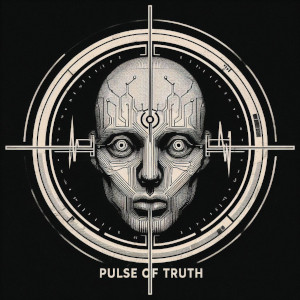

I don’t really see what smart glasses bring to the table that aren’t pretty adequately covered by my smartphone and smartwatch. I can take a quick glance at my watch as a message comes in and easily ignore it when I can’t look. Simple tasks can be done from the watch; more complicated things I’ll want to get out my phone (or maybe even computer). The smartwatch is less obtrusive and likely has better battery life, screen, and intuitive interface. There are plenty of times when I would not want a notification popping up in my glasses. I continue to not want to use voice controls except in very limited situations, like driving my car.
I remember that when Google Glass had its initial failure with the general public they continued to have use for years in job-related roles. I can see augmented reality having use-cases there, but the more I think about it I don’t see any use-case for augmented reality in everyday life that really improves on what I can already do. Sure, it sounds cool, but the reality seems worse than what we already have.
As for the cameras, there have already been camera glasses for years now. The quality continues to improve but the use cases for them seem pretty limited. I like roller coasters and while some parks allow people to record rides with action cameras, many do not. I’ve seen some people using camera glasses to get around those restrictions. Still, “secretly recording videos in places that are restricted” has some clear legal and ethical risks.

















It did take forever. Rotary phones work by sending clicks down the phone line that automation equipment listens to. If clicks came too fast the equipment wouldn’t understand it correctly. This was one of the big improvements the touch tone phone brought: it was much faster to dial. Instead of clicks each button generated a tone at a specific frequency and the automated switching equipment could interpret it much faster. At least some of the early phones had a switch to make them send clicks instead, in case the local phone company didn’t support tones yet.